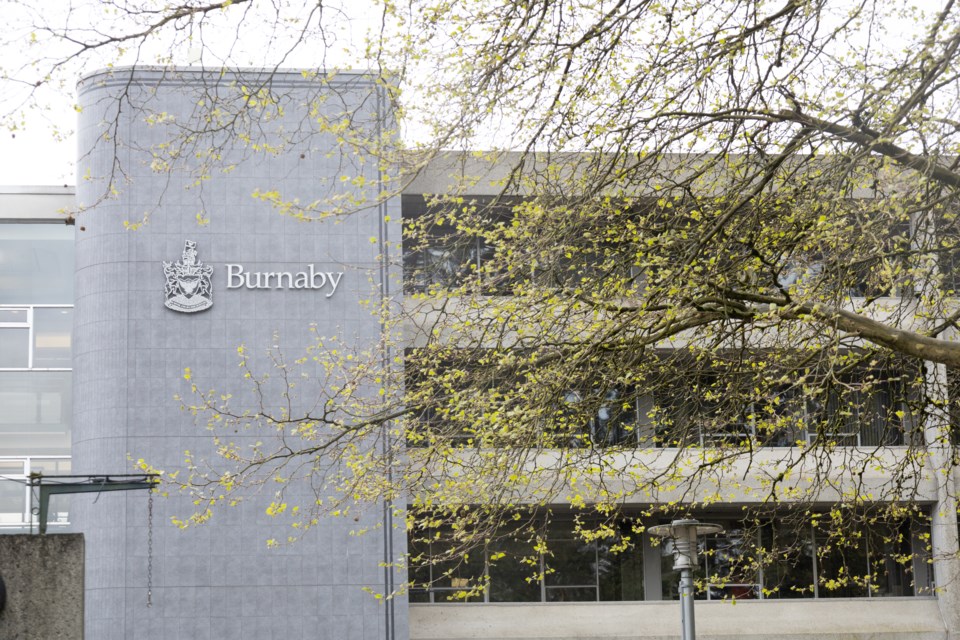The City of Burnaby’s Civic Innovation Lab (CIL), which combines academic research with city policy creation, updated council on the status of a variety of projects.
The projects include Deer Lake remediation, gun and gang-violence reduction strategies and multiple climate action projects like building retrofits and decarbonization.
The CIL, a non-profit society partnership between Burnaby and Simon Fraser University with a mandate to research and develop solutions to civic challenges, was incorporated earlier this year.
What is the CIL working on? Read on.
Deer Lake Ecosystem Remediation
Burnaby’s Deer Lake is a “vital ecosystem” for local plants and animals, but is also “often overrun with Canada geese and other water fowl whose droppings contribute to poor water quality,” according to a staff report.
The City of Burnaby wants to remediate the lake, eventually making the lake swimmable again.
SFU and city staff have begun work to study the state of the lake to develop a plan for the ecosystem remediation.
Funding will be included in a 2023 city budget request; the CIL will also look for additional funding sources.
Urban Resilient Futures (URF) Initiative
The URF initiative works on climate action, including accelerating action on building retrofits and supporting neighbourhood-level climate projects.
The project also wants to convene a “citizens’ assembly on livable and resilient neighbourhoods” that will inform Burnaby’s Official Community Plan.
Gun and gang violence reduction strategies
In its early stages, the research on how to prevent and reduce gun and gang-related violence is anticipated to start in 2023. The work will involve city staff and SFU researchers in criminology, crime reduction and criminal justice.
Exploring hydrogen power and sustainable energy
Partnering with Fortis BC, the CIL is applying to a federal grant to develop carbon-free technologies, including the adoption of zero-emissions energy technology, with a specific emphasis on hydrogen blends as alternative power sources with potential use in civic facilities.
The city also wants to work with researchers on decarbonizing thermal systems in buildings, using sustainable heat pumps and air conditioning systems.
The CIL is researching how to provide Burnaby residents with “safe, reliable, cost-competitive thermal energy recovered from the Metro Vancouver Waste-to-Energy facility.”
Mobility Access and Participation (MAP) Project
Burnaby has been a part of the MAP project, which researches pedestrian infrastructure, since before the creation of the CIL.
The CIL will continue the work of improving bike path and urban trail accessibility, particularly considering accessibility when working on the city’s pedestrian infrastructure, like new sidewalks.
REACH-Cities and Burnaby
Burnaby council approved the CIL’s participation in Research and Action for Healthy Cities (REACH-Cities Project) on Dec. 12. The research works on understanding how health is shaped and “patterned” by gender and other intersectional identities like age, race, income and ability.
Burnaby, SFU Civic Innovation Lab
Earlier this year, the city and SFU both put up $175,000 as administrative “start-up” costs, naming City of Burnaby staff member Rebekah Mahaffey as the non-profit’s executive director and SFU’s Abdul Zahir as research project manager.
The city and SFU will request a similar amount in next year’s budget.



